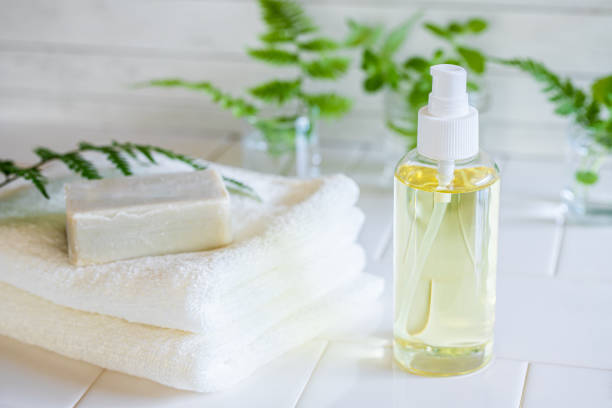In the realm of skincare, the market is flooded with various products promising radiant, healthy-looking skin. Among these, toners have secured a significant spot in many people’s routines. Often considered an essential step, toners have undergone numerous transformations over the years, evolving from astringent-laden formulas to gentle, hydrating solutions. But what exactly do toners do for the skin, and why are they deemed crucial in skincare routines? This comprehensive guide aims to demystify the role of toners in skincare, exploring their benefits, types, and how to choose the right one for your skin type.
Understanding Toners: Toners are watery solutions formulated to be applied to the skin after cleansing and before moisturizing. Traditionally, they were primarily used to remove any remaining traces of dirt, oil, or makeup missed during cleansing, and to restore the skin’s pH balance. However, modern toners have evolved beyond this basic function to offer a wide range of benefits tailored to different skin types and concerns.
Key Benefits of Using Toners:
Restoring pH Balance: The skin’s natural pH balance can be disrupted by harsh cleansers or environmental factors. Toners help rebalance the skin’s pH, creating an optimal environment for healthy skin function.
Deep Cleansing: Toners can penetrate the pores to remove impurities, excess oil, and dead skin cells, preventing breakouts and promoting clearer skin.
Hydration: Many toners are formulated with hydrating ingredients such as hyaluronic acid, glycerin, or botanical extracts, which help replenish moisture and soothe the skin.
Tightening and Smoothing: Some toners contain astringent ingredients like witch hazel or tea tree oil, which can help tighten pores, refine skin texture, and reduce the appearance of fine lines and wrinkles.
Preparing the Skin for Treatment: By removing residue and enhancing absorption, toners prepare the skin to better absorb serums, moisturizers, and other treatment products, maximizing their effectiveness.
Types of Toners:
Astringent Toners: Historically, astringent toners were popular for oily and acne-prone skin due to their ability to control excess oil production and tighten pores. However, they can be harsh and drying, making them less suitable for sensitive or dry skin types.
Hydrating Toners: These toners focus on replenishing moisture and soothing the skin, making them ideal for dry, sensitive, or dehydrated skin types. They often contain humectants like hyaluronic acid or soothing ingredients like aloe vera.
Exfoliating Toners: Also known as chemical exfoliants, these toners contain ingredients like alpha hydroxy acids (AHAs) or beta hydroxy acids (BHAs) to gently remove dead skin cells, unclog pores, and promote cell turnover. They are beneficial for improving skin texture, brightening dull complexions, and treating acne.
Balancing Toners: Designed to address multiple skin concerns, balancing toners typically contain a combination of ingredients to hydrate, cleanse, and soothe the skin without stripping its natural oils. They are suitable for most skin types, including combination skin.
Choosing the Right Toner: When selecting a toner, it’s essential to consider your skin type, concerns, and preferences:
For Oily or Acne-Prone Skin: Look for toners with astringent properties like witch hazel or salicylic acid to help control oil production and minimize breakouts.
For Dry or Sensitive Skin: Opt for hydrating toners formulated with gentle, soothing ingredients such as hyaluronic acid, chamomile, or cucumber extract to nourish and calm the skin.
For Combination Skin: Balancing toners that offer a blend of hydration and purification can help maintain equilibrium across different areas of the face.
For Aging or Mature Skin: Consider toners with anti-aging ingredients like antioxidants, peptides, or collagen-boosting compounds to target fine lines, wrinkles, and loss of elasticity.
How to Use Toners: After cleansing, dispense a small amount of toner onto a cotton pad or your fingertips. Gently swipe or pat the toner onto your face and neck, avoiding the eye area. Allow it to absorb fully before applying serums, moisturizers, or other skincare products. Toners can be used morning and evening as part of your skincare routine.
Conclusion: Toners play a vital role in skincare by providing various benefits such as balancing pH, cleansing, hydrating, and preparing the skin for treatment. With the advancement of formulations, toners have become versatile products suitable for different skin types and concerns. By understanding the functions and types of toners available, you can choose the right one to incorporate into your skincare regimen, helping you achieve healthier, more radiant ski

